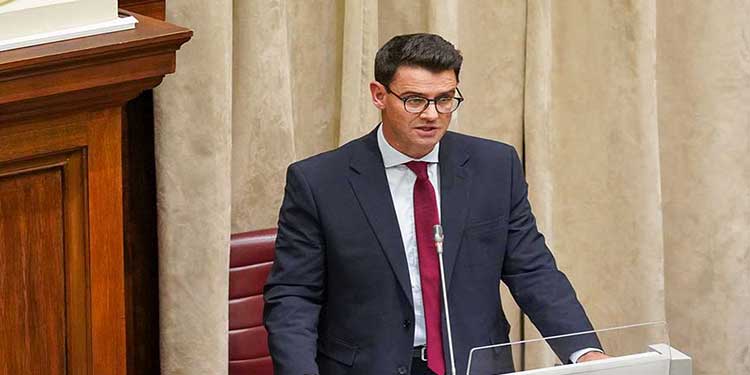
Deputy Minister of Trade, Industry, and Competition Andrew Whitfield asserts that a manufacturing-led economy and an export-focused economy are the cornerstones of South Africa’s economic prosperity.
The department will assist local businesses in achieving these goals by helping them to grow their production volumes and capacity, improve their competitiveness, and find viable export markets for their produced goods.
Whitfield was addressing the National Council of Provinces (NCOP) in Parliament on Tuesday during a debate on the Department of Trade, Industry, and Competition’s (the dtic) budget vote.”It is imperative that growth driven by manufacturing underpin South Africa’s economic expansion. “Manufacturing will produce real, sustainable, and well-paying jobs for our people and is in reality less volatile and subject to economic downturns. Additionally, South Africa has to develop an export-focused economy. Export development will follow a committed focus on industrial growth, the speaker stated. Whitfield added that a reinvigorated export push will be one of the DTIC’s main areas of attention under the incoming administration in order to both uncover high growth possibilities and reduce the danger of weak domestic growth.
“The development of an export-oriented economy can be accomplished by concentrating on putting policies in place to increase regional industries’ competitiveness in international markets, simplifying export procedures, removing trade obstacles, providing financial and technical support to exporters, and building mutually beneficial trade partnerships with other countries,” according to Whitfield.
According to him, South Africa recorded a trade surplus of over R20 billion in May of this year—much larger than anticipated and the largest in six months—and its exports amounted to over R178 billion. This is admirable and shows the significant impact that exports may have on our national economy. By creating a competitive yet supportive environment, we will help local industries thrive by promoting manufacturing expansion.
Whitfield added, “We will also identify competitive products that we produce and the markets that consume those products in large and/or growing volumes; as well as identify intermediate goods that could make our manufacturers more competitive.”
Minister Parks Tau reaffirmed earlier this month that the government is committed to “smart industrial policy,” which would facilitate the effective execution of the development imperatives.
